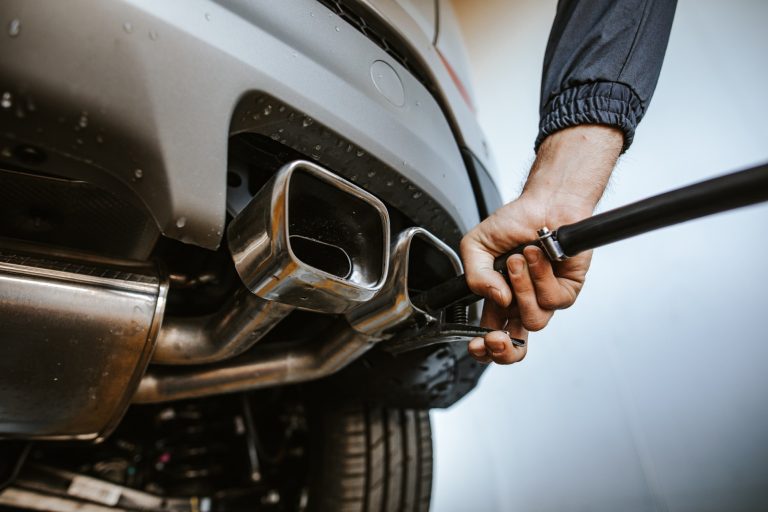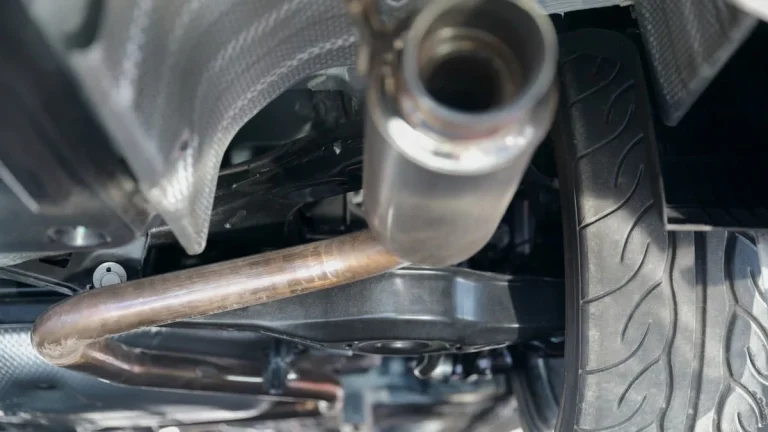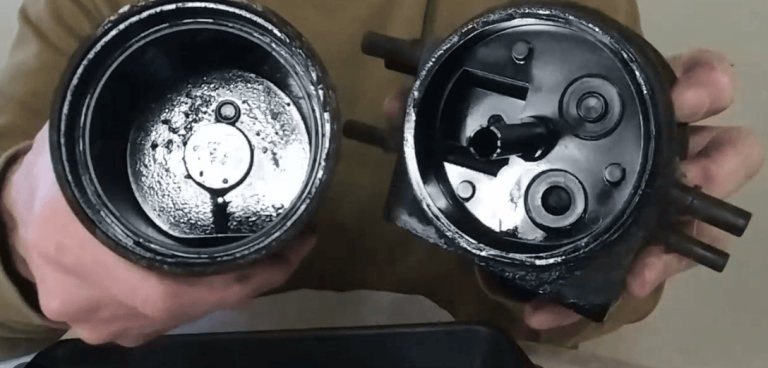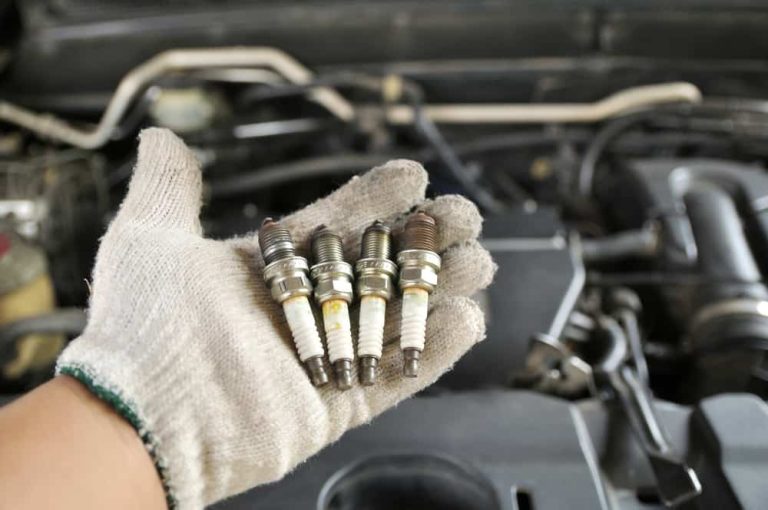How Long Do Car Services Take
Car services are crucial for maintaining the safety and smooth operation of your vehicle over the years. Understanding how long car services take can help you plan accordingly. Whether you’re preparing for a long road trip or simply performing routine maintenance. While it’s natural to want your car back quickly, several factors can influence the duration of the services. By being aware of these variables, you can better anticipate the time needed when taking your car in for services.
Basic, full, and major services are the three main categories into which routine auto maintenance is usually separated. Different examinations and repairs are required for each kind. Which may impact the total amount of time spent in the shop. For example, while a basic service usually entails fewer inspections than a full or major service, it may take less time. Full and major services, on the other hand, are more thorough and guarantee that your car runs at its best. This post will discuss popular service kinds, factors that affect how long a vehicle service takes. And useful advice for cutting down on wait times.
Types of Car Services and Their Time Estimates
Car services occur in a variety of forms and require varying amounts of time. An outline of the normal turnaround times for each service type is provided below.
Basic Car Service: What’s Included and How Long Does It Take?
The simplest option is a standard automobile service. Which is usually done every 6,000 to 10,000 miles, depending on the manufacturer’s recommendations. It covers routine maintenance like fluid and oil changes. As well as a general examination of critical parts like the exhaust system, tires, and brakes. A basic service typically takes one to two hours to complete. This service’s ease of use makes it perfect for anyone. Who wants to maintain their car without committing to a drawn-out procedure.
Full Car Service: A Comprehensive Checkup for Your Vehicle
A complete car service goes beyond the basics and offers a more in-depth analysis of the vehicle. In addition to oil changes and fluid checks, it often entails spark plug replacements, air filter checks, and more thorough brake and tire inspections. Typically, this kind of maintenance takes three to four hours, depending on the vehicle’s make and model. A comprehensive service is recommended for cars with higher mileage, often about 12,000 miles, since it helps find any potential issues before they become significant ones.
Major Car Service: When and Why It Takes Longer
The major service, which typically takes five to six hours, is the most comprehensive option offered. For cars with more than 24,000 kilometres or those that haven’t had a service in a long time, this service is usually advised. It includes replacing extra items, including timing belts, filters, and maybe brake pads, in addition to everything that is included in a complete service. Maintaining older cars in top shape and avoiding future costly repairs requires this service.
Factors Influencing the Duration of Car Services
While the type of service is the primary determinant of how long a car service takes, there are other contributing factors that can either speed up or delay the process.
Car Model and Make: Does the Vehicle Type Affect Service Time?
The make and model of your car can play a significant role in how long a service takes. Luxury and high-performance vehicles often require specialized parts and expertise, which can extend the service time. Additionally, newer models may have more advanced technology that requires more detailed diagnostics or software updates, taking extra time to complete.
Age of the Vehicle: Older Cars May Require More Attention
Older cars are often more susceptible to wear and tear, requiring more detailed inspections and repairs. As cars age, components such as brake systems, belts, and hoses may need replacing, adding to the overall service time. Therefore, a major service on an older car might take longer than on a newer one, even if the services being performed are the same.
Workshop Efficiency: How Experienced Technicians Speed Up the Process
The efficiency of the workshop and the experience of the technicians can also influence the time it takes for a service. Skilled technicians who are familiar with your car’s specific needs will typically be able to complete the job more efficiently than those who are less experienced. The quality of the tools and equipment available at the workshop will also play a role in determining how quickly the service can be completed.
Availability of Parts: Does Waiting for Parts Affect Service Time?
Sometimes, a service might take longer due to the unavailability of parts. If a specific part needs replacing and it is not readily available, the service will be delayed until the part can be sourced and installed. In this case, the type of car and its parts availability can impact the length of service.
What Happens During a Car Service?
Understanding what happens during a car service can provide insight into why it may take longer than expected. During a basic service, the focus is on checking and replacing fluids, inspecting key components, and addressing minor issues before they escalate. However, as the complexity of the service increases, so does the number of systems that need attention.
Routine Inspections: Checking Fluids, Brakes, and Tires
The most basic elements of any car service include checking the oil, brake fluid, coolant levels, and tire pressure. These inspections are typically quick, but they are crucial for maintaining your vehicle’s performance and safety. Any discrepancies found during these inspections will need to be addressed, which may add time to the service.
Diagnostic Tests: How Modern Technology Can Speed Up Service
Modern diagnostic tools allow technicians to quickly identify issues within your car’s electrical and mechanical systems. A well-equipped garage can conduct these tests in a fraction of the time it would have taken in the past, speeding up the process of diagnosing and fixing problems.
Specialized Services: When Additional Time is Needed for Repairs
Certain services, such as replacing a timing belt or fixing a transmission issue, may take longer due to the complexity of the task. These repairs often require the technician to disassemble various parts of the car and work more intensively, extending the service time.
Car Service Time vs. Repair Time: What’s the Difference?
It’s important to distinguish between car service time and repair time. A car service is a preventive measure aimed at ensuring your vehicle remains in good working order, while repairs are typically needed when something goes wrong. Repairs can often take longer, as they involve fixing specific issues rather than performing routine checks.
Keeping Your Car Well-Maintained Between Services
Proper car maintenance can reduce the likelihood of unexpected issues arising during your service. Regularly checking your tires, brakes, and fluids ensures that your car remains in optimal condition and may reduce the overall time needed for repairs during a service.
Conclusion
Understanding the factors that influence how long a car service takes can help you plan better and reduce any inconvenience. Whether you’re opting for a quick oil change or a comprehensive major service, knowing the expected timeframes allows for better scheduling. By maintaining your vehicle and choosing the right service provider, you can ensure a smooth and timely car service experience.







